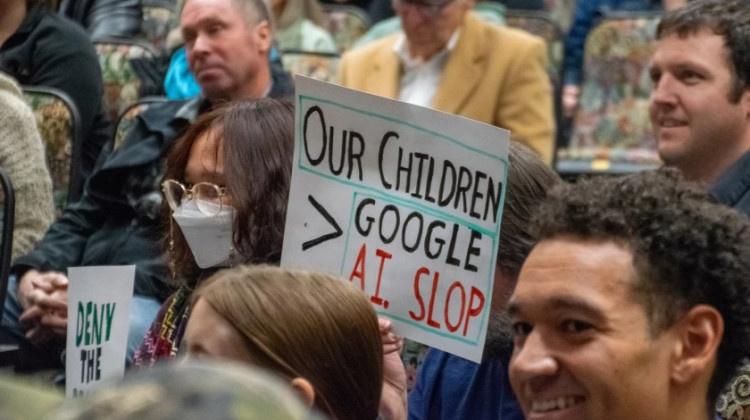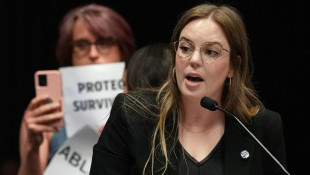The Pew Charitable Trusts has named Indiana as one of seven states to participate in its 18-month Business Incentives Initiative.
The program is partnered with the Center for Regional Economic Competitiveness in an effort to discover effective business practices for economic development and remaining transparent to the public.
In an effort to enhance state government transparency, Pence announced the first-ever state performance and data analytics tool. The tool is expected to be more user friendly and a personalized interface for Hoosiers.
“Pew is partnering with Indiana to enhance the quality of information available to determine which tax incentives work, which do not, and how these programs can be improved,” said Jeff Chapman, who manages The Pew Charitable Trusts’ project on economic development incentives.
Seven states will be involved in the project and focus on effective ways to manage economic development, improve data collection and reporting on incentive investments, and developing national standards that states can use to gather and report economic development data.
“By participating in this study and evaluating the way our state conducts business, we will ensure Indiana continues to maintain a competitive edge and provides Hoosiers with the top-notch, open and accountable service they deserve,” Pence said.
Andi TenBarge is a reporter for TheStatehouseFile.com, a news website powered by Franklin College journalism students.
 DONATE
DONATE







 View More Articles
View More Articles


 Support WFYI. We can't do it without you.
Support WFYI. We can't do it without you.